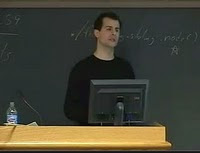Introduction
There are some values which do not change during the execution of the program. These values are called constants.
Constants are of fixed value that remain unchanged during the execution of a program, and are used in assignment of statements. Constants are stored in variables.
Syntax of constant declaration:
Const datatype var_name = value;
Example of Constant declaration:
Const int a = 5;
In C language there are five types of constants which has been described separately





